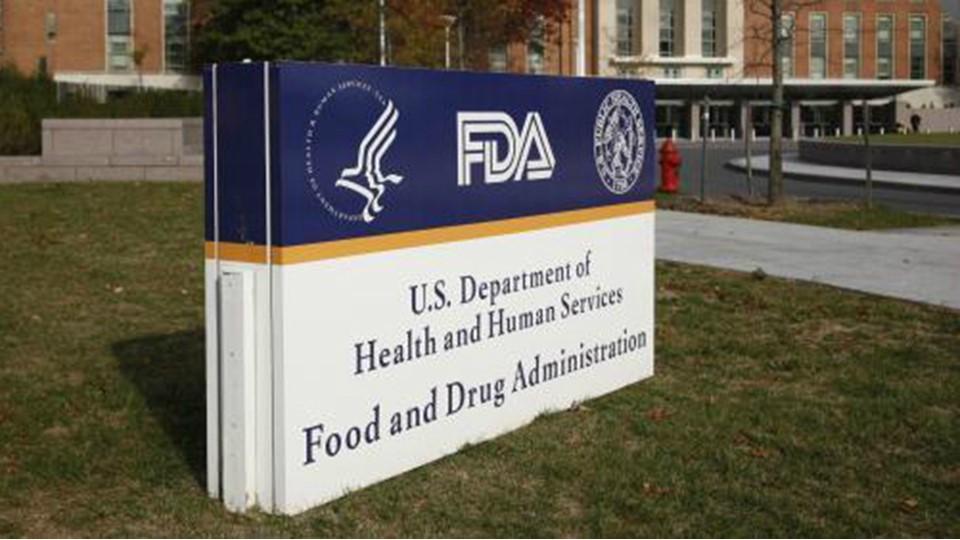Jacobio plans bid for China’s KRAS market with safety edge

Jacobio Pharma has reported the results of its pivotal Chinese study of KRAS G12C inhibitor glecirasib, with a safety profile that could differentiate it from other drugs in the class.
The 119-subject, single-arm phase 2 trial showed that glecirasib produced an objective response rate (ORR) of 48% in patients with advanced KRAS G12C-mutated non–small cell lung cancer (NSCLC) when used as a second-line or later therapy, with only 5% of subjects discontinuing therapy due to toxicity.
Adding in patients in whom the cancer stabilised gave a disease control rate of 86%, which is roughly in the same ballpark as Amgen’s first-to-market Lumakras (sotorasib) and Bristol-Myers Squibb’s Krazati (adagrasib).
The discontinuation rates were lower than the 10% to 15% seen with other KRAS inhibitors, according to Julia Rotow of the Dana-Farber Cancer Institute, who delivered a critique of the data presented at the April 2024 ASCO Plenary Series.
Neither Lumakras nor Krazati has been launched in China yet and, at the moment, Innovent Biologics is leading the field among KRAS inhibitor developers there with IBI351, which is currently under priority review as a second-line therapy for KRAS G12C-mutated NSCLC after chemotherapy and immunotherapy.
Jacobio is in hot pursuit and plans to file for approval of glecirasib in the second quarter of this year, according to Yuankai Shi of the Chinese Academy of Medical Sciences in Beijing, who presented the data at the congress.
He told the conference that, at the data cut-off point, median progression-free survival (PFS) with glecirasib reached just over 8 months, with a median overall survival (OS) of 13.6 months, and that the median duration of response has not yet been reached.
For comparison, standard second-line therapy with docetaxel has been shown in an earlier study to offer an ORR of 14%, a median PFS of around 3 months, and a median OS of 9 months.
Glecirasib is also being developed for international markets, with trials ongoing in the US, Europe, and Israel, and Shi noted that a phase 3 trial of first-line glecirasib plus Jacobio’s experimental SHP2 inhibitor JAB-3312 in NSCLC is due to begin in China in the coming months and may well expand to include the US and Europe.
“If glecirasib can match or even bypass current efficacy data with an overall improved side effect profile, this agent would be an attractive treatment option,” said Rotow.
She added that glecirasib seems to cause fewer gastrointestinal side effects that can be troublesome with Lumakras and Krazati and limit their potential for use in combination regimens, but added that Jacobio’s drug also seems to have higher rates of anaemia and liver toxicity.
It will also be “important to understand feasibility in a patient population commonly coming off first-line immunotherapy-containing regimens, as well as to understand central nervous system activity, to guide clinical decision-making,” said Rotow.












